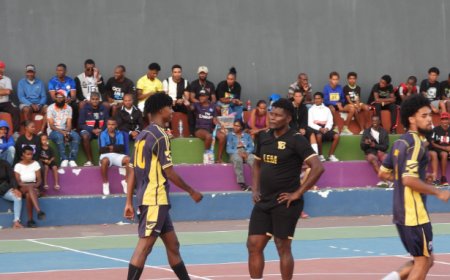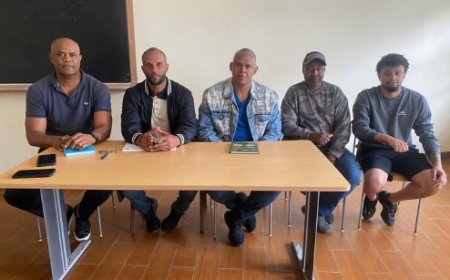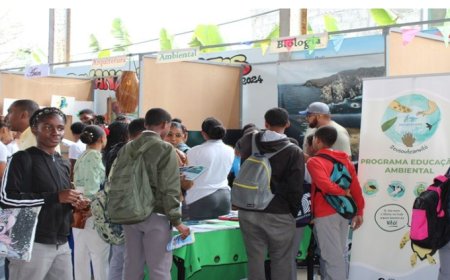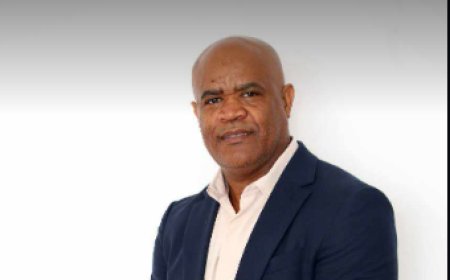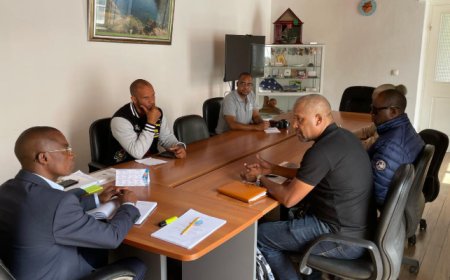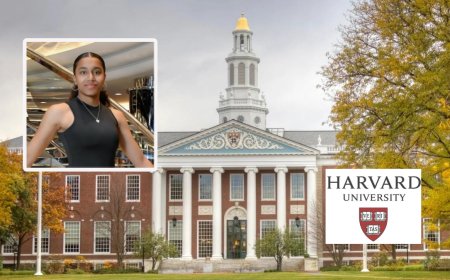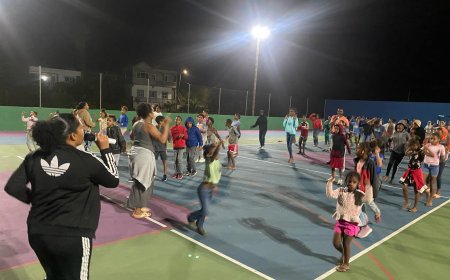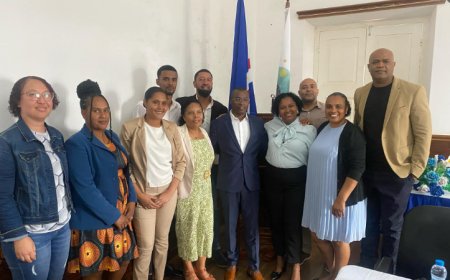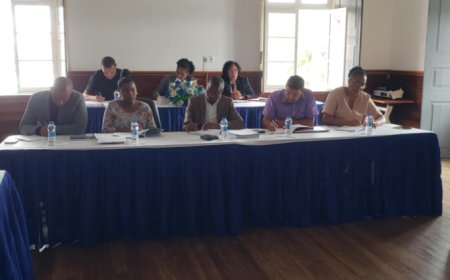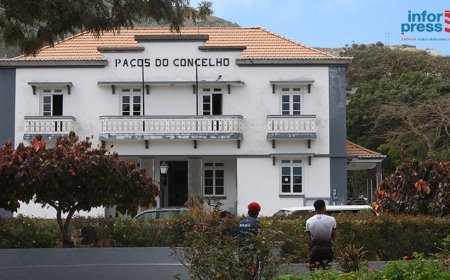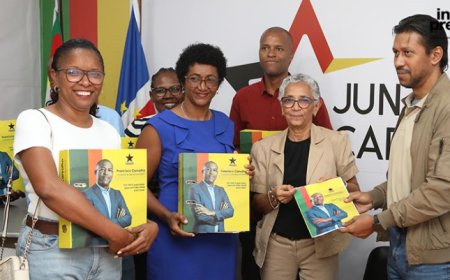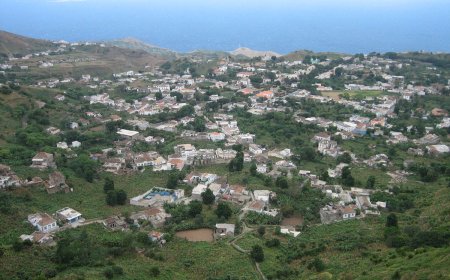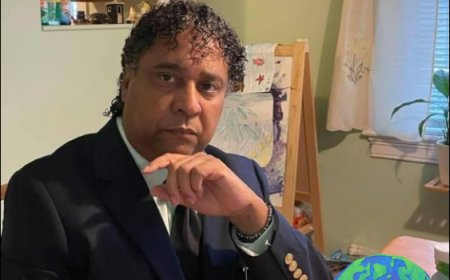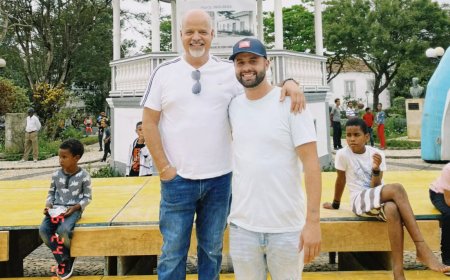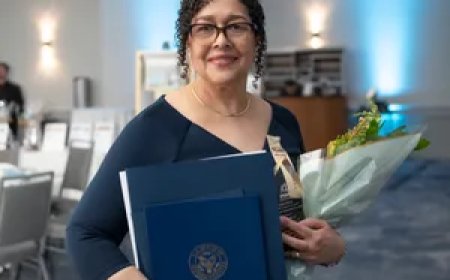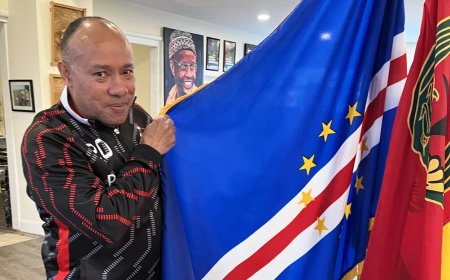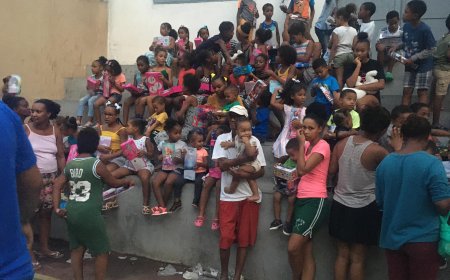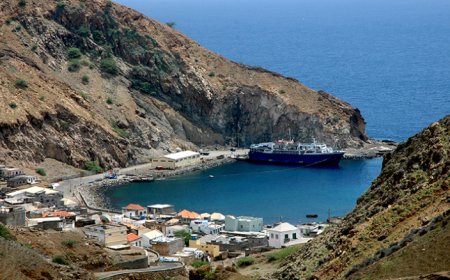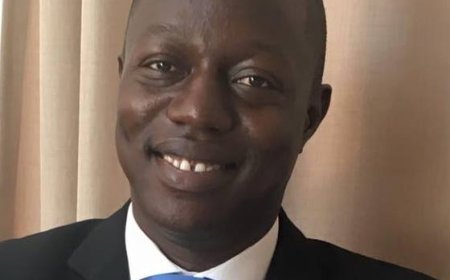Brava: President of the Republic “sensitized” with some vulnerable situations
The President of the Republic, Jorge Carlos Fonseca, was “sensitized by situations of vulnerability” witnessed during his visit to Santa Bárbara and with some concerns raised by the population of Ilha Brava.
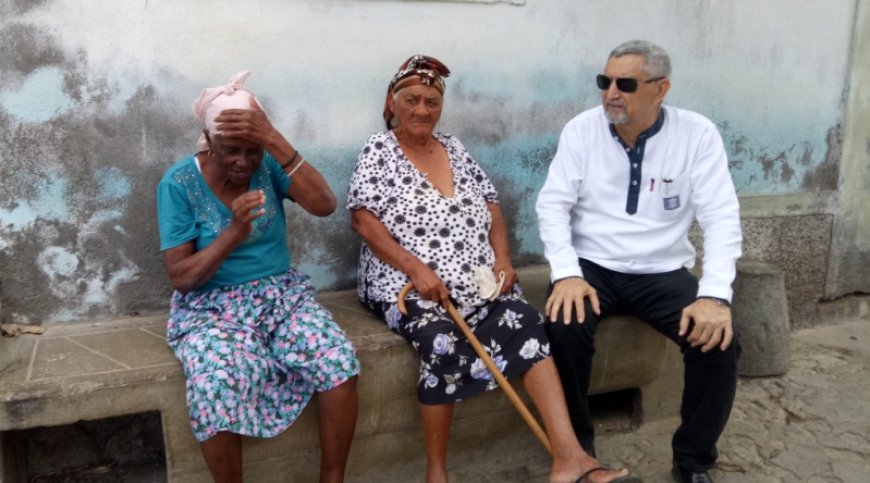
The President of the Republic, Jorge Carlos Fonseca, was “sensitized by situations of vulnerability” witnessed during his visit to Santa Bárbara and with some concerns raised by the population of Ilha Brava.
The head of state said that visiting the place where he has childhood and family memories brings him "a lot of satisfaction", but which is mixed with "some sadness".
“Santa Bárbara is a place that is in a process of progressive degradation and those who come to this place now have no idea of the Santa Bárbara of the past”, emphasized Jorge Carlos Fonseca.
According to him, this has a lot to do with emigration to the United States of America, an age that leads to the death of older people, often, he added, properties and houses were taken care of by people without great resources.
He even commented that today, several people who now reside in the area are former workers of the people who take care of the houses, or managed to do so through leasing, but who do not have space for agricultural cultivation.
In addition, he continued, it is a place where traditionally there is less rain, less harvest, even in fair or good agricultural years.
Faced with the situation witnessed and the concerns raised by the local population, Jorge Carlos Fonseca stressed that it is a site that needs to repair buildings, because it has many degraded buildings, and there are some in danger of collapsing.
He also noticed that the paths, despite the work of the city council, the cleaning, are poorly maintained, among other things.
“We also saw people who live in situations of extreme poverty, without access to a bathroom, but it is a problem that the council does not have enough resources to deal with all the requests”, he added.
In the case of Santa Bárbara, he added that it is a particular case on the island and perhaps one of the poorest or most degraded places, which leads him to argue that the city council, with the support of the Government, should carry out a kind of survey of the cases more dramatic, which deserve urgent attention.
He specified that the location perhaps “does not portray” the state of the island as a whole today, when speaking of Nova Sintra, Nossa Senhora do Monte, Clara Alves and Cova de Joana, among others.
As childhood memories, he said he played a lot in his time, which he considered a happy childhood.
“He would run from Santa Bárbara to Furna and vice versa, would fetch water in Vinagre with mules or donkeys, take a bath in Furna, follow the agricultural and sowing work”, he recalled, moved.
But also, he did not fail to point out that the locality had many families with a “reasonable economic situation”, many jobs for agricultural workers, and there was even a kind of solidarity between people.
In the locality of Furna, he pointed out that he saw many things that he liked, such as the pedestrian street that “changed” the face of Furna, new commercial establishments, the start of works on the desalination station and repair of buildings, among others.
Despite the “good” things, he said that he had come across some complaints from fishermen about the issue of bait, requesting more support for fishing, and criticism of Government policies in relation to international agreements.
He continued to argue that there has been positive discrimination by the Government in terms of increased funds, growth in municipal support, but reinforced that the island needs a “push”.
“Stronger investment is needed, taking into account that it is a municipality and an island, which is losing population, has few people, little capacity for electoral pressure and requires a special look from public authorities”, concluded the head of state.
MC/YY
Inforpress/End





